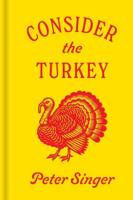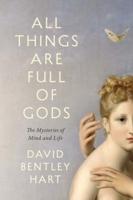Publisher's Synopsis
Freedom of association is a cherished liberal value, both for classical liberals who are generally antagonistic toward government interference in the choices made by individuals, and for contemporary liberals who are more sanguine about the role of government. However, there are fundamental differences between the two viewpoints in the status that they afford to associational freedom. While classical liberals ground their support for freedom of association on the core notion of individual liberty, contemporary liberals usually conceive of freedom of association as one among many values that are necessary for a liberal democracy to flourish. Which position provides a better grounding for freedom of association? The twelve essays in this volume explore the history and development of the right of free association, and discuss the limits that may legitimately be placed on this right.








